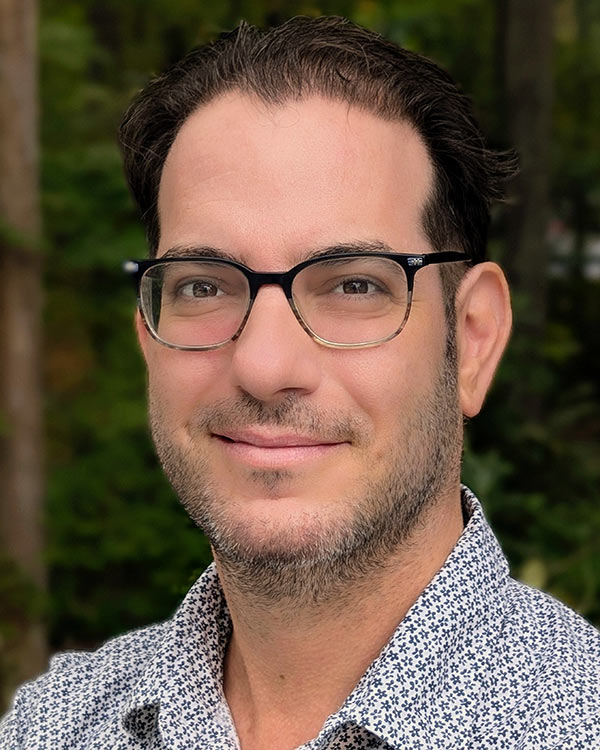Asa Eger (NHC Fellow, 2025–26)
Project Title
Erased Archaeology: The 19th/20th Century Settlement of Bosnians at Caesarea, Israel
GlaxoSmithKline Fellowship, 2025–26
Professor of the Islamic World, University of North Carolina at Greensboro

Asa Eger is a professor of the Islamic world in the Department of History and the Program in Archaeology at the University of North Carolina at Greensboro (UNCG). He received his PhD in 2008 from the University of Chicago in Islamic Archaeology with a specialization in the early Islamic period. Dr. Eger has been teaching at UNCG since 2009. In 2011–12, he was a fellow in Hellenic Studies at Princeton University and a fellow at Dumbarton Oaks in Byzantine Studies. From 2016–17, he was a fellow of the American Council of Learned Societies. Since 1996 he has been conducting surveys and excavations in Anatolia and Syria-Palestine (the Levant) from the Byzantine period through the Late Islamic period. He focuses on frontiers, landscape archaeology, and environmental history, as well as urbanism and the relationship between cities and their hinterlands. He also specializes in ceramic material culture. He has conducted surveys and excavations in Turkey, Greece, and Cyprus and currently is codirector of the Caesarea Coastal Archaeological Project in Israel since 2022.
His project’s main research objective is to investigate the transformation of the classical city to the later medieval (seventh–thirteenth centuries, early and middle Islamic/Crusader periods) and modern town (1880–present). Key to this transformation is the identification and reconstruction of the coastal configuration and related natural events, such as the earthquake and tsunami of 749 CE, and the examination of how the past local community responded and adapted to the impact of such catastrophic environmental events. A second objective is to uncover the final settlement at the site of relocated Bosnian refugees during the late Ottoman and British Mandate period combining excavation with oral histories, archival work, and community archaeology.
Selected Publications
- Eger, Asa. “Memory and the City: Reflections from the Post-Interesting on Islamic Antioch.” In Antioch on the Orontes: History, Society, Ecology, and Visual Culture, edited by Andrea U. De Giorgi, 489–506. Cambridge, England: Cambridge University Press, 2024.
- Eger, Asa and Andrea U. De Giorgi. Antioch: A History. New York: Routledge, 2021.
- Eger, Asa, ed. The Archaeology of Medieval Islamic Frontiers: from the Mediterranean to the Caspian Sea. Boulder: University Press of Colorado, 2019.
- Eger, Asa. The Islamic-Byzantine Frontier: Interaction and Exchange between Christian and Muslim Communities. London: IB Tauris, 2016.
- Eger, Asa. The Spaces Between the Teeth: A Gazetteer of Towns on the Islamic-Byzantine Frontier. 2nd ed. Istanbul: Ege Yayınları, 2016.